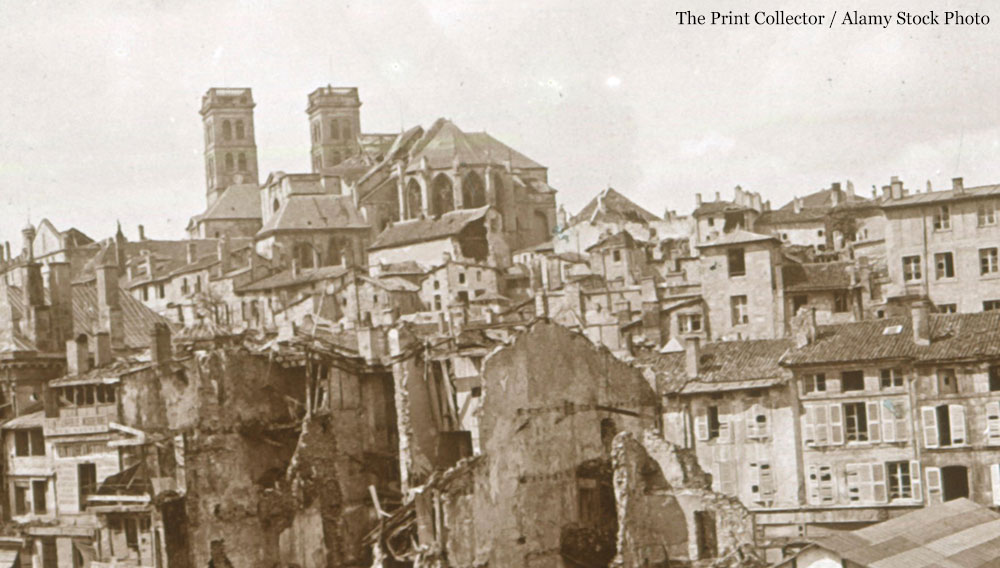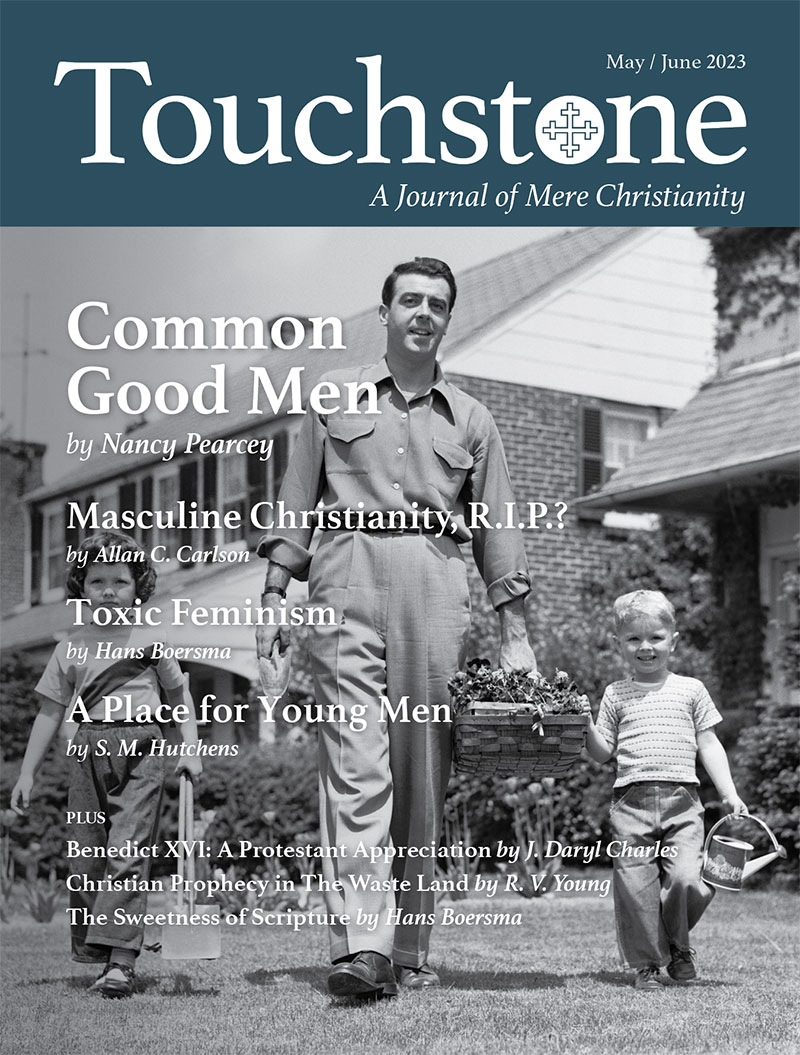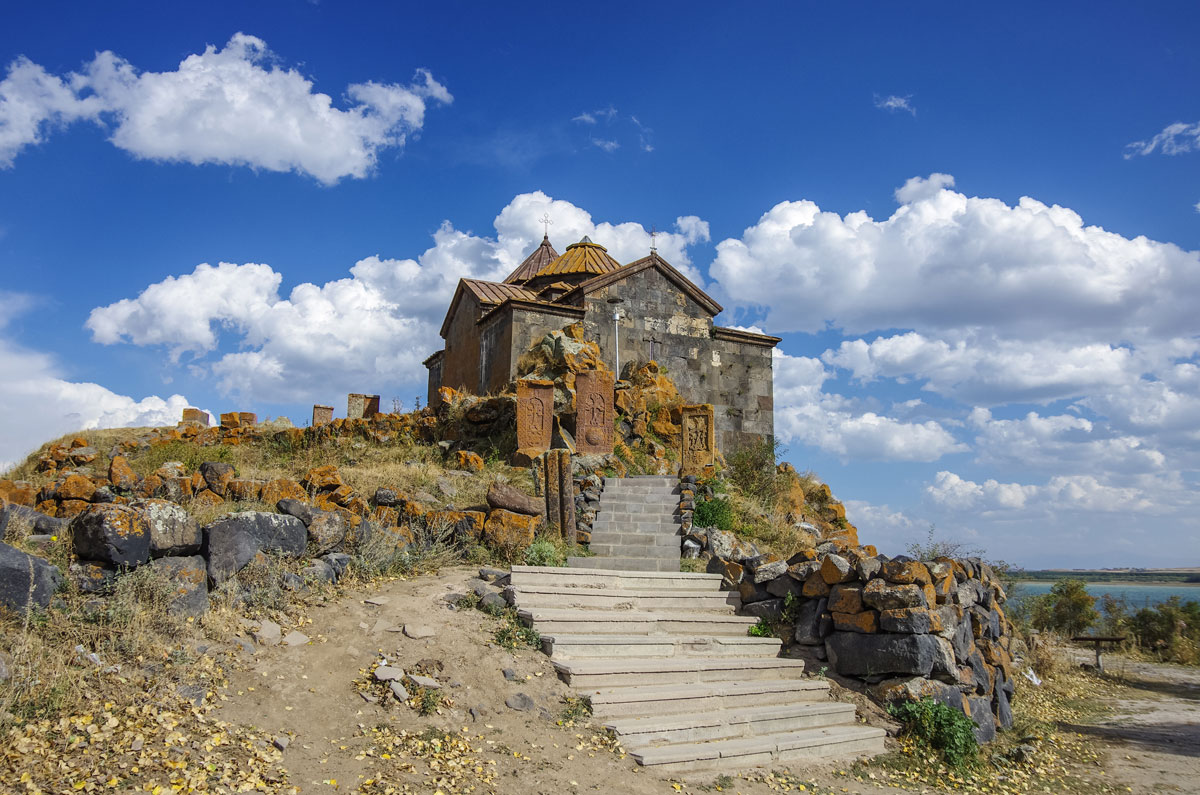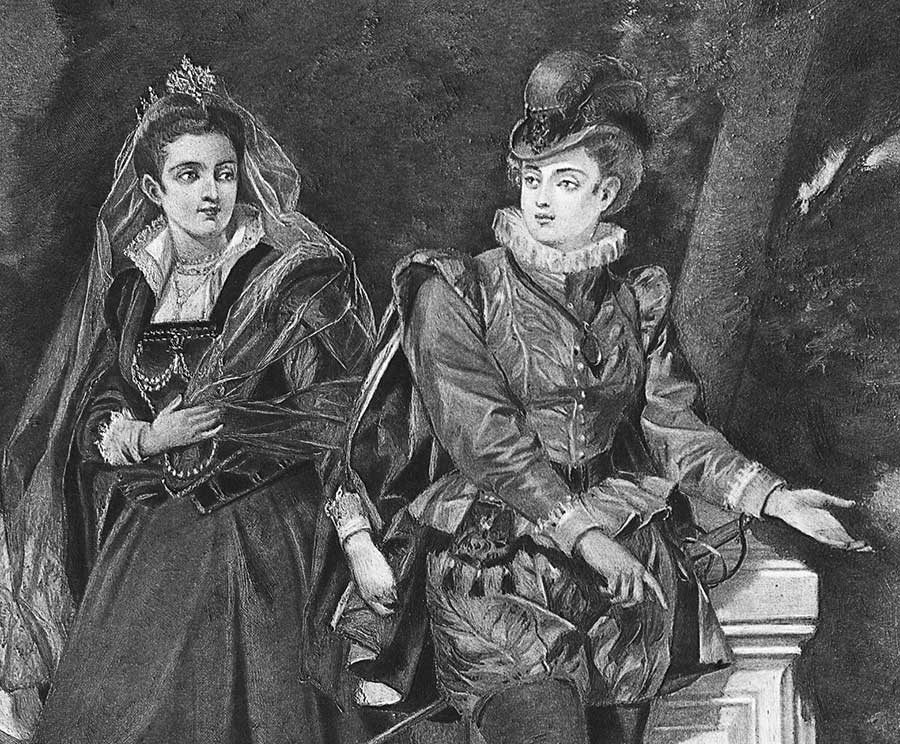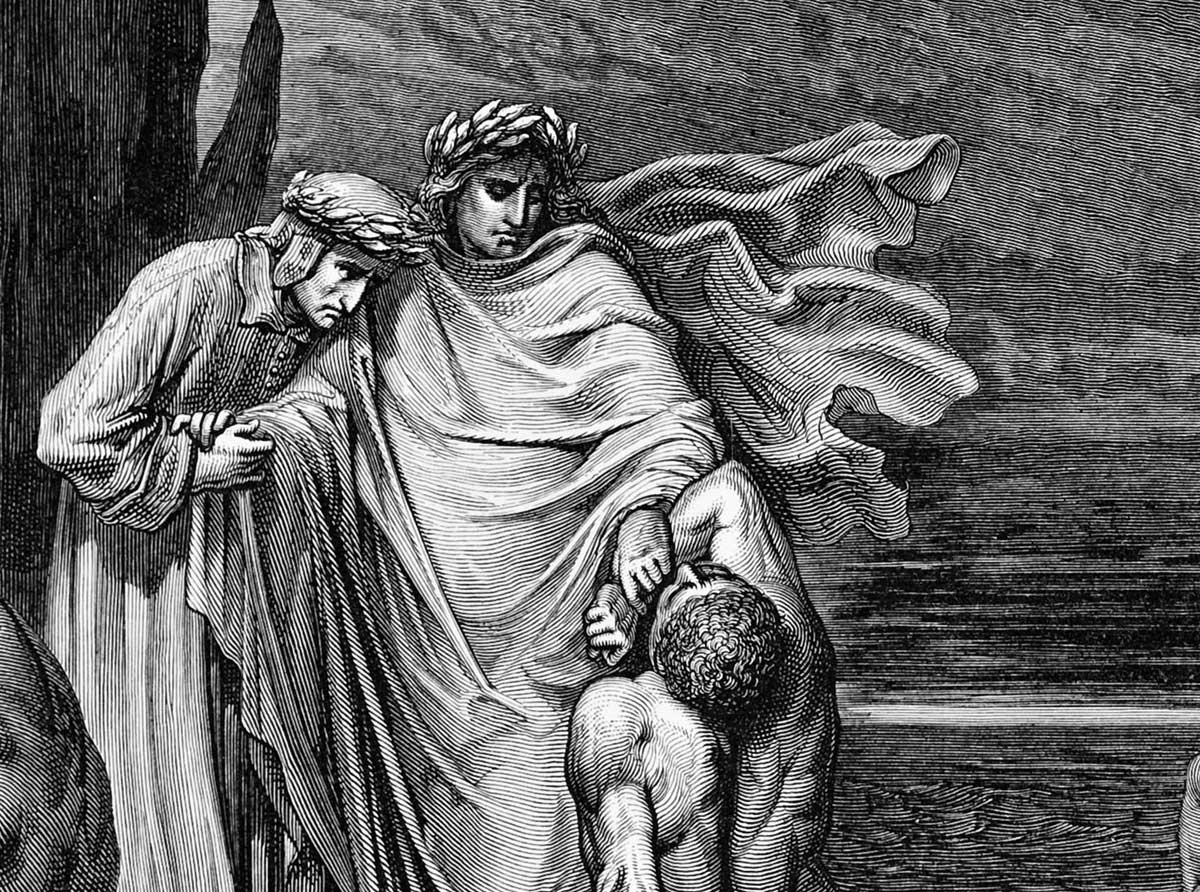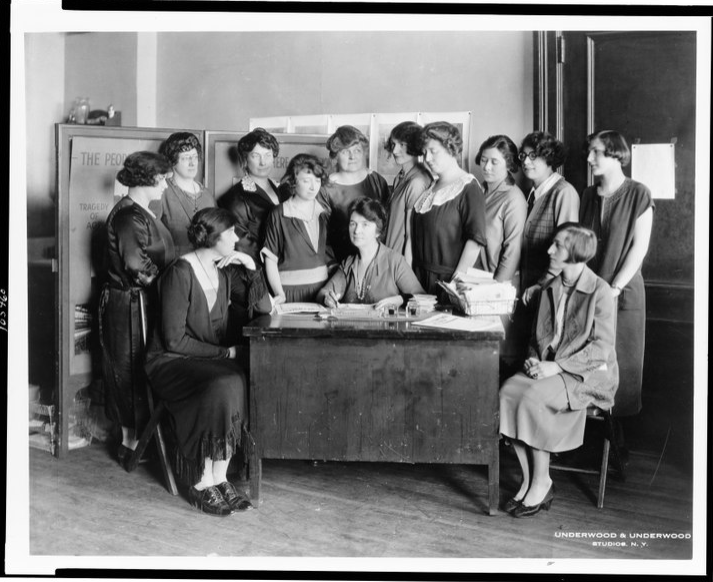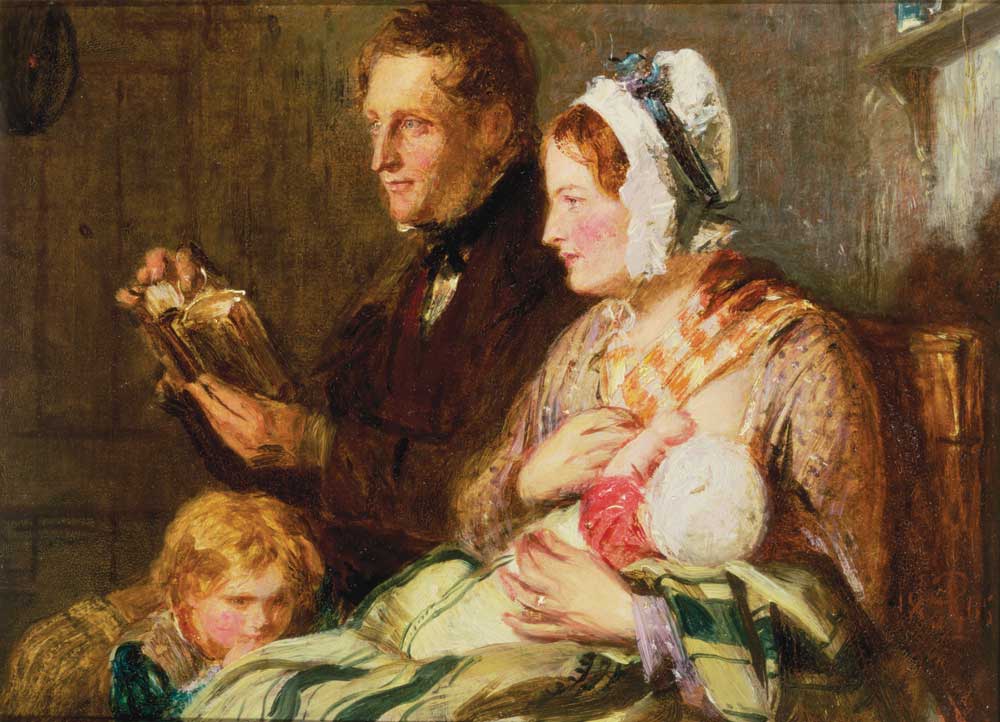One Hundred Years in the Unreal City
Christian Prophecy in The Waste Land
“We dwell in the Unreal City,” writes Anthony Esolen. “We all dwell there. We have all been dulled and deadened by the unreal. But if God is real, then to turn away from God is to leap into unreality, and that is pretty much the definition of evil” (Sex and the Unreal City, 2020, 8). The phrase “unreal city” is not Professor Esolen’s coinage. It originates in T. S. Eliot’s The Waste Land, first published a century ago, in October 1922. It immediately became a literary sensation because of its arrestingly innovative techniques and its grimly ironic vision of the modern world, and it remains the most famous and influential poem of the twentieth century. It is notoriously difficult to understand, and for many readers, since its initial publication down to our own time, its elusive discourse and apparently incoherent structure are simply an expression of disillusionment and disgust in the face of a sterile, meaningless world.
When a Christian reads Eliot’s landmark poem today, however, he is likely to marvel at how prescient the poet was in describing the decadence of Western society as it has degenerated in the course of the following century. Few readers saw this, however, until, six years after the publication of The Waste Land, Eliot announced that he was “a classicist in literature, a royalist in politics, and an Anglo-Catholic in religion.” Not until then did critics begin to suspect—some with dismay—that the scriptural allusions and other Christian references in the poem might be something more than random fragments shorn of context and Christian meaning.
THIS ARTICLE ONLY AVAILABLE TO SUBSCRIBERS.
FOR QUICK ACCESS:
R. V. Young is Professor of English Emeritus at North Carolina State University, a former editor of Modern Age: A Quarterly Review, and the author of Shakespeare and the Idea of Western Civilization (Catholic University of America Press, 2022). He and his wife are parishioners at St. Ignatius of Antioch Church in Tarpon Springs, Florida. They have five grown children, fifteen grandchildren, and three great-grandchildren. He is a senior editor of Touchstone.
subscription options
Order
Print/Online Subscription

Get six issues (one year) of Touchstone PLUS full online access including pdf downloads for only $39.95. That's only $3.34 per month!
Order
Online Only
Subscription

Get a one-year full-access subscription to the Touchstone online archives for only $19.95. That's only $1.66 per month!
bulk subscriptions
Order Touchstone subscriptions in bulk and save $10 per sub! Each subscription includes 6 issues of Touchstone plus full online access to touchstonemag.com—including archives, videos, and pdf downloads of recent issues for only $29.95 each! Great for churches or study groups.
Transactions will be processed on a secure server.
more on literature from the online archives
more from the online archives

11.5—September/October 1998
Speaking the Truths Only the Imagination May Grasp
An Essay on Myth & 'Real Life' by Stratford Caldecott
calling all readers
Please Donate
"There are magazines worth reading but few worth saving . . . Touchstone is just such a magazine."
—Alice von Hildebrand
"Here we do not concede one square millimeter of territory to falsehood, folly, contemporary sentimentality, or fashion. We speak the truth, and let God be our judge. . . . Touchstone is the one committedly Christian conservative journal."
—Anthony Esolen, Touchstone senior editor






